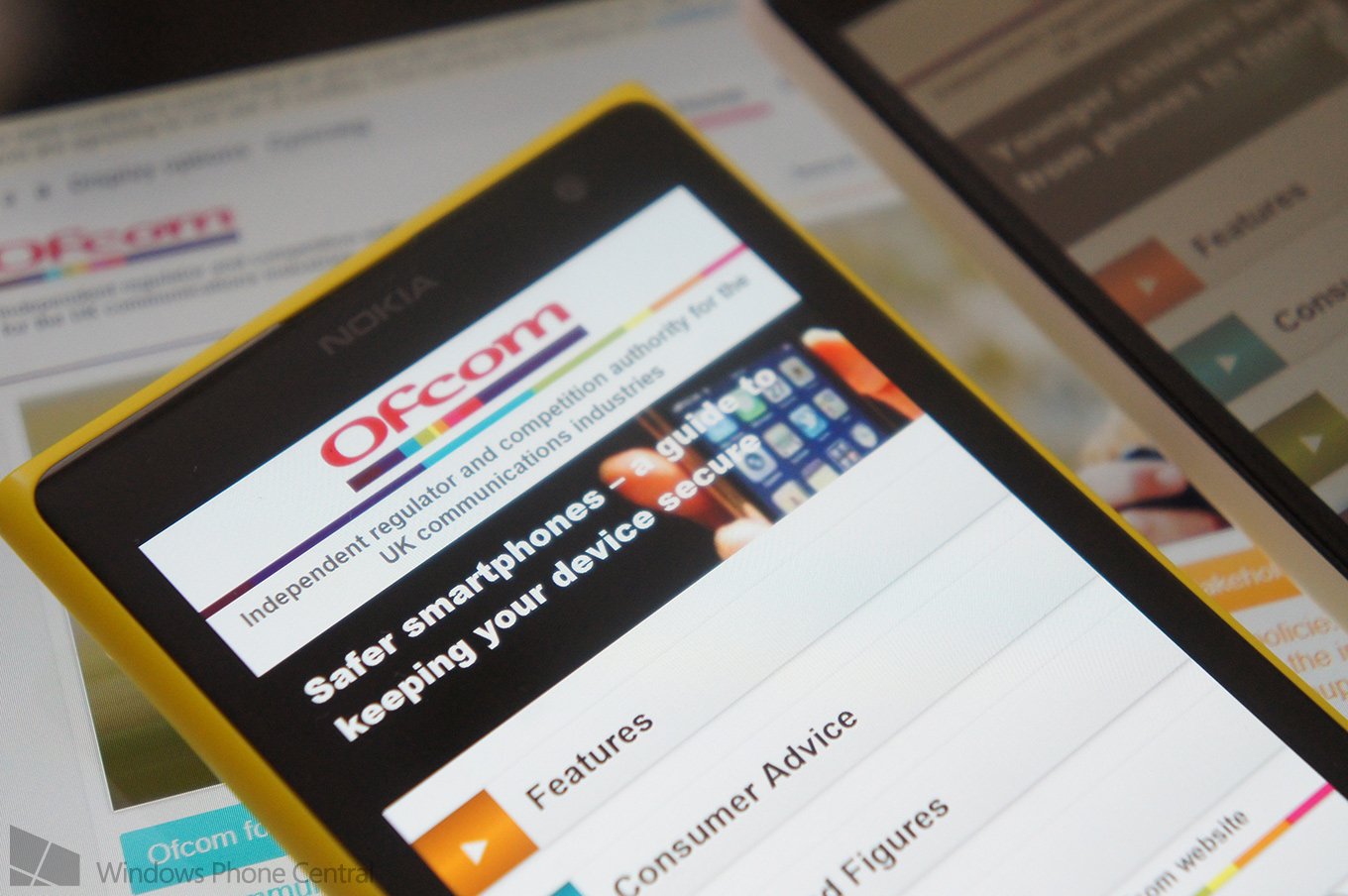Microsoft, Google and other companies join Ofcom on UK "white space" exploration

All the latest news, reviews, and guides for Windows and Xbox diehards.
You are now subscribed
Your newsletter sign-up was successful
UK telecommunications regulator, Ofcom has kicked off a rather impressive exploration of "white space" frequencies. Google joins Microsoft, Spectrum Bridge, BT and many other organisations to test a variety of white space applications over the next six months. These include rural broadband delivery, HDTV broadcasting, traffic management, early flood assessments and more.
So what exactly are white spaces? They're parts of the frequency band that aren't actively being used by digital TV or wireless systems. Creating a centralised database of white space usage will enable Ofcom and other agencies to approve devices that connect to said database, select and available frequency and regulate power levels to avoid interference.
"Over the next six months, around 20 public and private organisations will be participating in Ofcom’s pilot by running trials to test a variety of innovative applications – ranging from sensors that monitor the behaviour of cities, to dynamic information for road users and rural broadband in hard to reach places."
Making use of airwaves that are currently unused would open up new possibilities for a number of applications, which participating organisations are collaborating to work towards perfecting. What roles are Google and Microsoft playing in the spectrum exploration? The former is a database provider, while Redmond will look to help provide free broadband access in Glasgow Scotland, an area where broadband is particularly poor.
As well as helping out the Glaswegians, Microsoft will also set up a network of sensors for detecting atmospheric conditions and relay them to a live map. It's possible to solve issues mentioned already and more due to the low frequency, which makes itself attractive due to the range, speed and ability to overcome obstacles (hills, walls, trees, etc).
The white spaces will also be utilised to meet the UK's growing demand that's currently being placed on wireless infrastructure. Ofcom states that we could be looking at a solution to connect up to 50 billion devices that are forecast to be wirelessly connected to the internet by 2020. Cool stuff, we'll look forward to seeing some of the results.
Head on over to the Ofcom website for more details.
Source: Ofcom, via: SlashGear
All the latest news, reviews, and guides for Windows and Xbox diehards.

Rich Edmonds was formerly a Senior Editor of PC hardware at Windows Central, covering everything related to PC components and NAS. He's been involved in technology for more than a decade and knows a thing or two about the magic inside a PC chassis. You can follow him on Twitter at @RichEdmonds.
